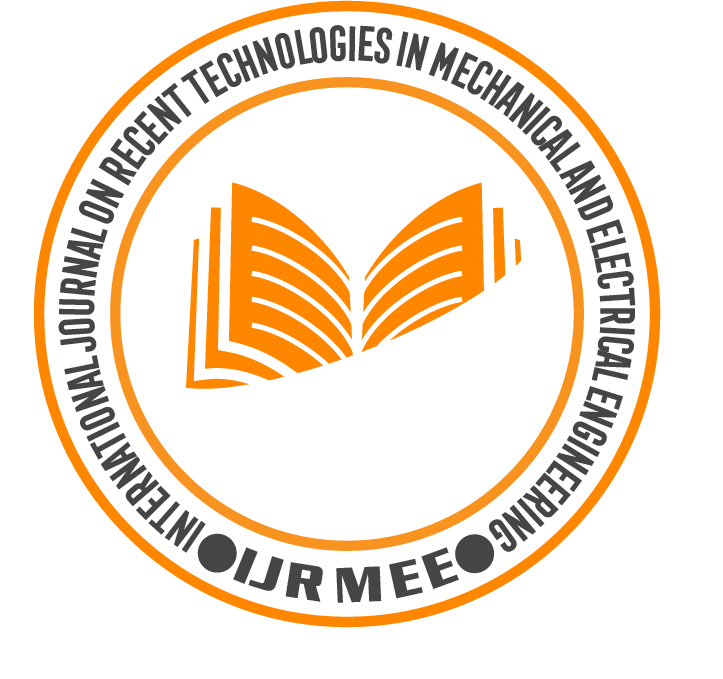Investigation on the effect of Fused Deposition Modeling Process Parameters on Flexural and Surface Roughness properties of PC-ABS blend
Main Article Content
Abstract
Rapid Prototyping (RP) is an unconventional process of making physical models by combining several technologies altogether. RP parts are used in many organizations as concept models, functional or semi-functional components, master patterns and direct tooling. Fused Deposition Modeling (FDM) is one of the RP technologies. The mechanical properties of parts produced by FDM are affected by various process parameters. This project concentrates on the effect of process parameters of FDM 900mc machine on mechanical properties such as flexural strength and surface roughness for Polycarbonate-Acrylonitrile Butadiene Styrene (PC-ABS) blend material. The parameters considered are Contour style, Raster angle, Raster width, and Air gap. Testing is done for the mechanical properties such as flexural strength and surface roughness using the preferred standards. The results obtained were optimized using Taguchi method in order to have better mechanical properties. The results show that raster angle has greater effect on flexural strength. Raster angle of 45?/45? yields higher flexural strength when compared with other parameters considered. Similarly, for surface roughness, contour style is the most significant parameter, where the triple contour style gives better surface finish.
Article Details
How to Cite
, S. M. A. S. K. C. S. V. P. R. A. A. (2015). Investigation on the effect of Fused Deposition Modeling Process Parameters on Flexural and Surface Roughness properties of PC-ABS blend. International Journal on Recent Technologies in Mechanical and Electrical Engineering, 2(8), 41–47. Retrieved from https://ijrmee.org/index.php/ijrmee/article/view/290
Section
Articles
